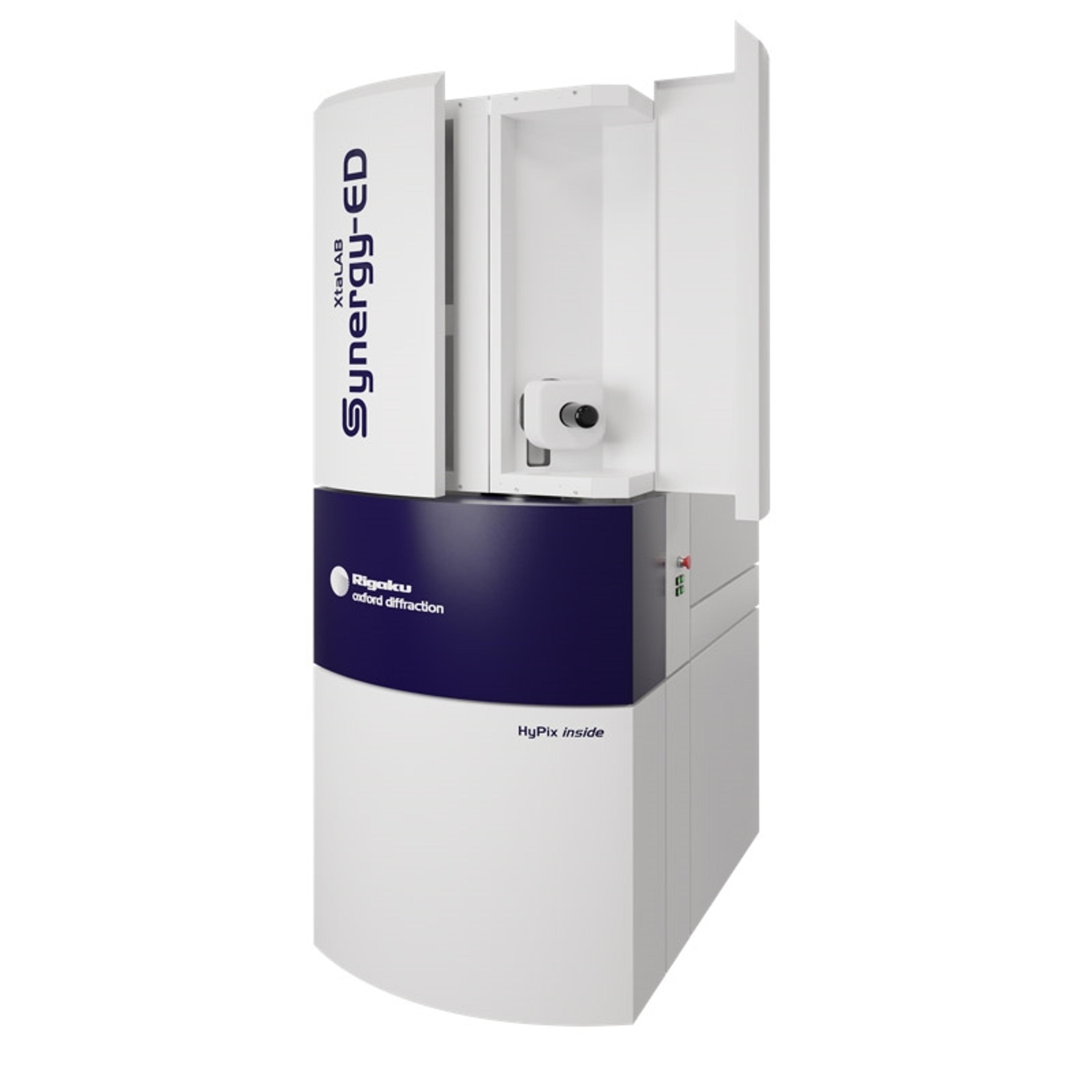Rigaku to supply two XtaLAB Synergy-ED electron diffractometers to UK’s leading crystallography facility
The new electron diffractometers will enable analysis of structures impossible to measure with X-ray techniques
20 Feb 2023
The National Crystallography Service (NCS) is a critical component of the UK’s research infrastructure, providing access to world-leading research facilities across the nation, underpinning many scientific discoveries and developments. To ensure the NCS continues to provide cutting-edge capabilities, they will establish the National Electron Diffraction Facility, which will feature Rigaku XtaLAB Synergy-ED electron diffractometers, opening up many new research possibilities.
Facilities at the University of Southampton and University of Warwick will benefit from XtaLAB Synergy-ED installations, enabling the elucidation of the structure of nanocrystals that are very difficult or impossible to measure using X-ray techniques. The XtaLAB Synergy-ED has already proven that it can generate crystal structures where even synchrotrons have failed.
Many fields such as pharmaceuticals, electronics, batteries, catalysis, energy storage, solar cells, etc. have relied on X-ray diffraction (XRD) for crystallographic determinations to yield a better understanding of the structure and behavior of materials. However, with an increasing requirement to analyze nanocrystals, even though it is the gold standard for structure determination, XRD struggles due to the minute size of these crystals. Electron diffraction capabilities will accelerate many R&D programs where growing crystals large enough to analyze by XRD is virtually impossible.
Researchers at the NCS will find the transition to electron diffraction quite simple because the user-inspired CrysAlisPro user interface of the new XtaLAB Synergy-ED diffractometers is exactly the same as for the Rigaku XRD systems they are already using. This extends to the powerful built-in structure determining software.
Simon Coles, professor of structural chemistry and project lead for the University of Southampton site, said, “The NCS has pushed the limits of what is possible with X-ray crystallography. We are excited to be able to extend our reach from microcrystals to nanocrystals using electrons, which will expose many new opportunities to transform structural analysis.”
Dr. David Walker, facility manager of the X-ray diffraction research technology platform and project lead at the University of Warwick, went further to say, “electron diffraction capabilities will help revolutionize our understanding of the structure of many economically important materials. We look forward to partnering with the University of Southampton and Rigaku to offer cutting-edge crystallography services.
The NCS is grateful for a £3.2 million research grant awarded by the Engineering and Physical Sciences Research Council. The new facilities will be open for business for academic and industrial partners from July 2023.
Want the latest science news straight to your inbox? Become a SelectScience member for free today>>

